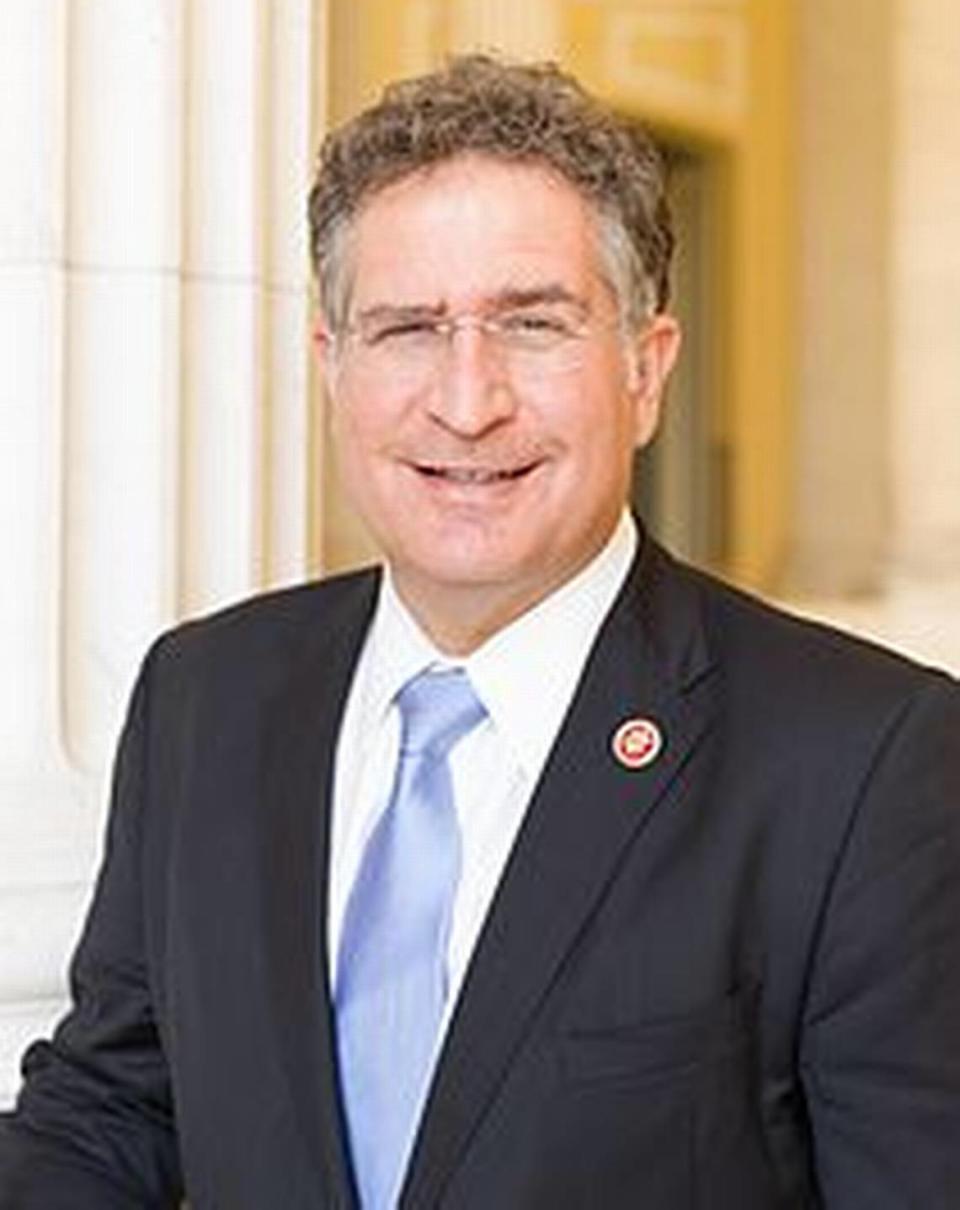When Cuba’s baseball team takes the field, will politics or patriotism rule? | Opinion
- Oops!Something went wrong.Please try again later.
When Bárbaro Garbey and René Arocha began the exodus of Cuban baseball players to the United States — the first during the Mariel Boatlift and the second in the 1990s — they surely never imagined a scenario like the one this Sunday at the Miami Marlins’ loanDepot Park as part of the World Baseball Classic.
The participation of a team from the island made up of players residing inside Cuba and others who are active in the major leagues in the United States, is an event inconceivable since the elimination of professional sports in 1961. The road to the stadium in the heart of the Cuban-exile community has not been short, much less happy, for athletes and fans.
Garbey and Arocha were followed by dozens of players who escaped Cuba, dreaming of reaching the majors, players who one day had also worn the Cuba team jersey and who later caused a sensation in Miami and New York, like the Liván brothers and Duke Hernández.
The list of surnames that from one day to the next disappeared from the rosters of the Cuban National Series — and was later resurrected in the lineups of the Big Top — is endless.
Athletes who “deserted” (a pejorative term used by revolutionary propagandists) were considered traitors to the homeland by the Havana authorities, punished with exile and ostracized in the national media in an attempt to erase them from the popular imagination. It was useless, by the way.
Fans then followed their careers on shortwave, through magazines and in newspapers that occasionally were delivered by he hands of sympathetic visitors, or on videotapes. Then the Web brought idols and their audience closer together.
Cubans here, there and everywhere were proud of their representatives in the best baseball in the world, and the athletes, for their part, dedicated each victory to their Cuban fans.
The team that today bears the letters CUBA includes, among others, Yoan Moncada and Luis Robert, two White Sox players who at some point left the Cuban national team to pursue the dream of succeeding at the highest possible level.
Now, with their inclusion in the joint team from two shores, they travel a reverse path, at least during this competition.
After their desertions years ago, perhaps, though unlikely, they will be the targets of some kind of criticism when they show up in the batter’s box at loanDepot Park.
The truth is that by wearing the island’s uniform, none of them, nor their teammates, personally represent any ideology, party or government, just as they should not have before, despite the incendiary propagandists in charge of disseminating the opposite on both sides.
We have seen with emotion how Nicaraguans and Venezuelans have come out to support their respective teams despite being in total disagreement with Daniel Ortega and his associate Nicolás Maduro. Above all, sports represent the people, not those who govern. If Nicaraguans and Venezuelans are so clear about it, when will we Cubans finally learn?
For the moment, the conflicts that exist between those who are positioned on either political side will not disappear, but this time, sports allow athletes with different positions to represent the name of Cuba together. Normalizing that, we can all contribute and
sparking the imagination of the possibility Cubans working together can be one of the biggest steps for a Cuba that includes us all.
They should not require authorizations, or permits, from anywhere, so that the Cubans can go together to run the bases for their own people. This is practically the case with the rest of the world, with many immersed in national conflicts equal to or deeper than ours.
Where could a national reconciliation start if not for what unites us like the love of palms? Let’s be sensible: This exciting tournament will not fundamentally change the order of things, it will not cause the prisoners’ cells to be opened, nor will it lead the island to better channels. That’s not decided by a home run or a gold medal.
But I want to think that, perhaps, it is the beginning of the healing of an old and deep fracture. Those who have never suffered it should be more empathetic of those who have experienced its pain.
Joe Garcia is a former Democratic U.S. congressman from South Florida and a chairman at Mercury Consulting.


